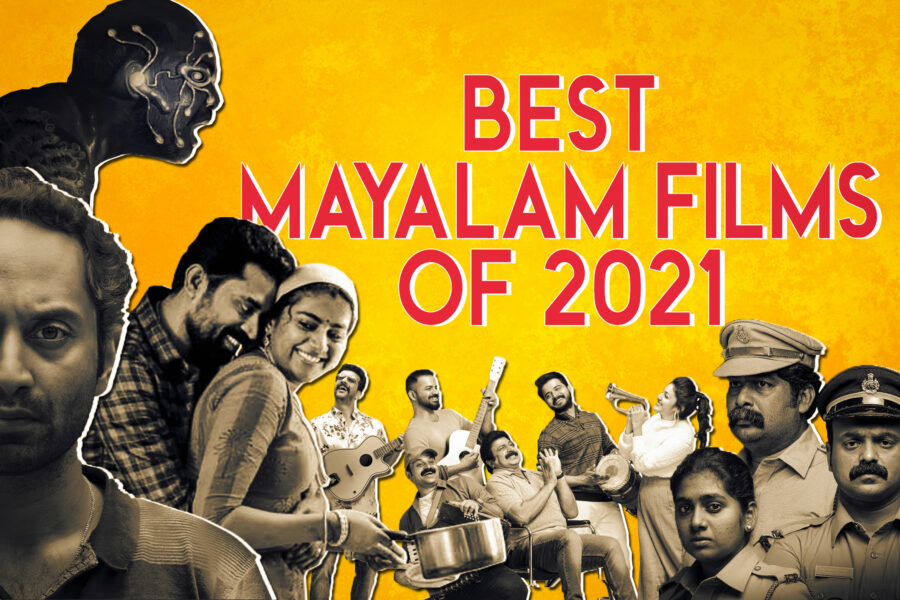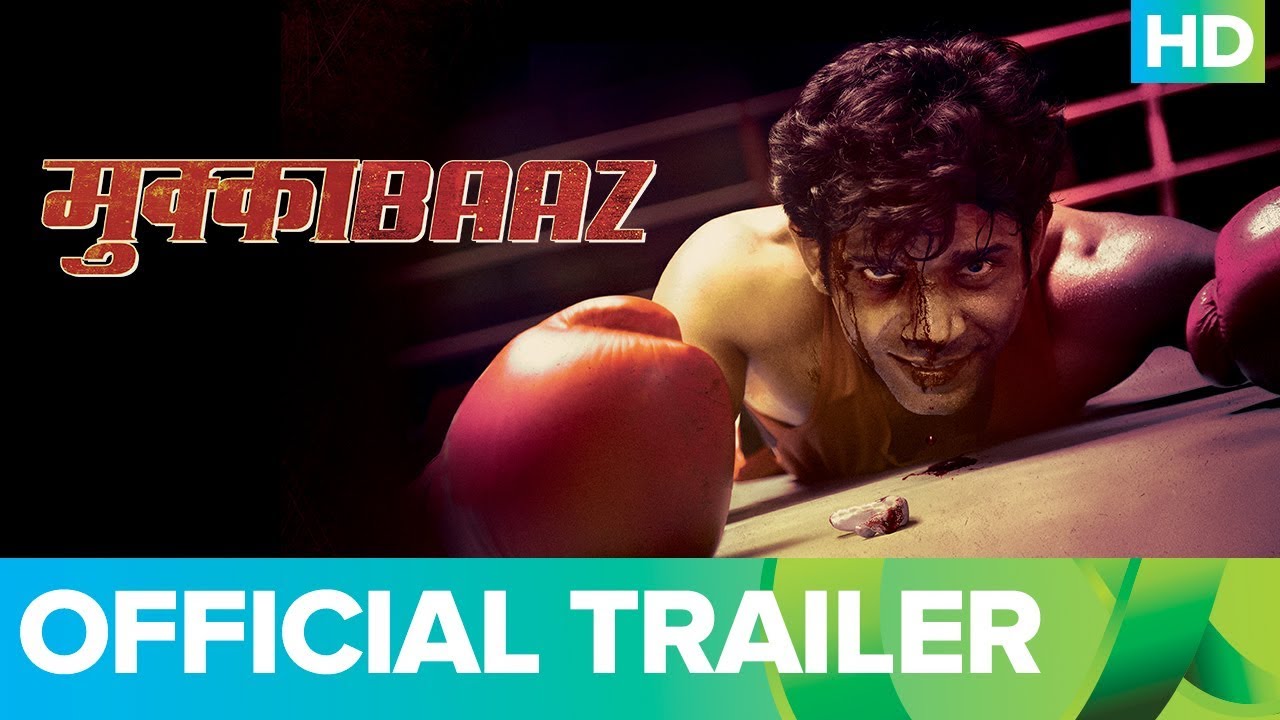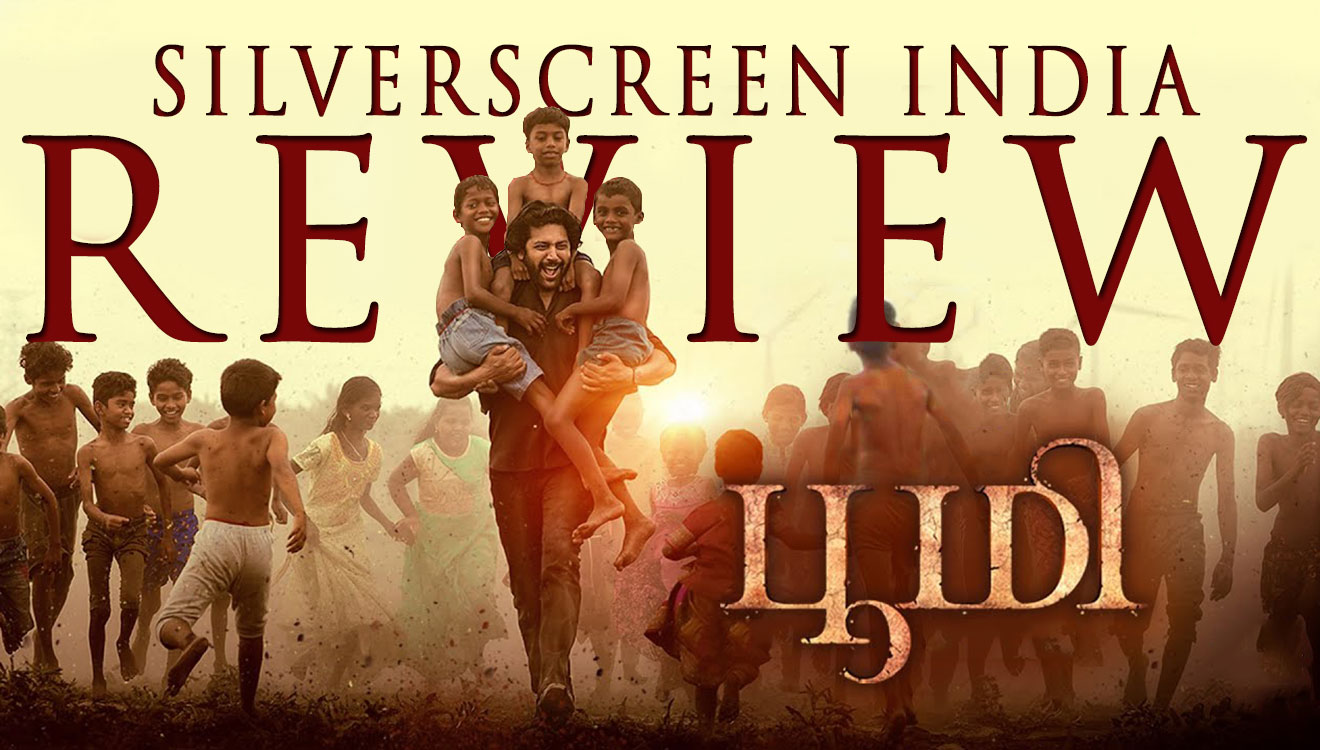With 2021 being the year India’s local cinema embraced digital platforms and learnt to thrive away from the theatrical landscape, Malayalam cinema grew manifold in terms of reach. It wasn’t just the films of major OTT powerhouses such as Fahadh Faasil or Prithviraj Sukumaran that were widely watched but also smaller films like #Home, headlined by Indrans, and The Great Indian Kitchen. The latter, interestingly, was initially rejected by several mainstream OTT platforms for its low profile. After it premiered on a new platform NeeStream, it quickly took the social media platforms by storm.
The list below is compact, comprised of the films that made the most effort to break out of an existing pattern, told the world something new about human existence, or found a distinct form within their limitations. It doesn’t include Churuli, directed by Lijo Jose Pellissery, an ambitious project that played with the concept of time-loop. Despite its fascinating texture, the film comes across only as an exhausting reiteration of the director’s previous works on mob behaviour and the pitfalls of masculinity. Also, it doesn’t include #Home which struck a chord with the larger audience for its humour and sympathetic portrayal of a father-son relationship. The tacky visual language and syrupiness of the narrative make Home a much lesser work than the film it could have been.
Joji
Joji is director-actor Dileesh Pothan’s most adventurous film yet. His depiction of violence and impending violence in an upper-class Christian family in Central Kerala is a distinct accomplishment, a fascinating balance between the matter-of-fact and the magnificently eerie. The film has a sharp sense of humour that brutally attacks the church and the traditional family, and it treats masculinity, the Malayalam cinema’s favourite game animal this season, with peculiar empathy. In my review, I wrote: “The camera fetishistically follows Joji (Fahadh Faasil) as he hits out at everything around him with a strange vengeance. The viewer walks with horror, watches Joji scheme and manipulate.”
Nayattu
Nayattu, directed by Martin Prakkat, is a crime drama with a twist. Here, the hunter and the haunted are mercenaries of the state, trained and inducted into powerful institutions to control the civilians. Right from the first scene, the film leaps ahead, shocking the viewer with every twist, and reaches a heartbreaking finale. A sense of bleakness pervades Nayattu; it is unafraid of venturing into the darkness and stating the unpleasant. Also, the film has three solid lead performances, by Joju George, Nimisha Sajayan and Kunchacko Boban.
An excerpt from my review: “Prakkat does not approach the film in an entirely miserabilist fashion. His portrayal of the characters’ flight from their colleagues is underlined with delicate details of human survival. The interpersonal dynamics are superbly described.”
Minnal Murali
In Minnal Murali, directed by Basil Joseph, Tovino Thomas and Guru Somasundaram, two underdogs of a nondescript village in Kerala, become accidental recipients of superpowers one day. Although the film liberally borrows ideas from Western superhero films, it stays rooted in its rural Kerala setting. Basil creates a solid emotional narrative to shoulder the fantasy tale. Sameer Thahir’s cinematography performs a fine balance between flamboyance and restraint.
In my review, I wrote, “The two characters are not driven by material ambitions or masculinity-related issues but by a deeply personal quest for love. Basil and his writers, Arun Anirudhan and Justin Mathew, substitute the pessimism of Western superhero movies with scenes about empathy and romance.
The Great Indian Kitchen
In The Great Indian Kitchen, director Jeo Baby ushers the viewers into an unusual loop of a newly married young woman’s daily life inside her husband’s house. Nimisha Sajayan and Suraj Venjarammood play the nameless protagonists, a newly married couple, who demonstrate the misogyny central to the traditional marriage institution. Repetition is used as a pivotal narrative device in the film.
In my review, I wrote, “For over 40 minutes, the film runs without any serious dramatic interference or conversations. You see the details of the tough new life the young wife has to settle into. Fast-cut sequences of her cutting vegetables, cooking, serving and cleaning. Notwithstanding the sense of disjointedness this technique evokes, it helps you to see that the household is wearing her down.
Santhoshathinte Onnam Rahasyam/Joyful Mystery
Don Palathara’s relationship drama, which premiered at the International Film Festival of Kerala, has two passengers, an unmarried couple (Rima Kallingal and Jithin Puthanchery) on their way to a clinic in the city to confirm a suspected pregnancy. The 80-minute-long film is a single shot work, filmed on a camera attached to the dashboard of a moving car. On the way, the couple discusses their relationship and life in general, argue and resolve their differences, giving the viewer a splendid glimpse of modern romantic relationships.
In my review, I wrote, “The formal choice of the film is in tune with the time. Throughout the film, the characters are within the confines of the moving car, akin to the Covid-19 pandemic-induced lockdown that brought back many families under the same roof, forcing them to address emotions bottled up over the years. The pregnancy scare becomes an excuse for the couple to talk about things that they would, otherwise, have kept for another time.”
Jan-E-Man
The darkest horse this year is Jan-E-Man, a comedy with gorgeous melancholic edges, directed by Chidambaram, a debut director. It has smart, nuanced writing, fantastic performances by an ensemble cast, and a heartwarming finale.
Set in a nondescript middle-class neighbourhood in Kochi, the film revolves around a birthday and a funeral, two diametric yet discreetly-connected events, the coincidence of which launches a series of mishaps and pleasant turns of events. Jan-E-Man possesses a unique sense of humour that doesn’t discount the harshness of adult life. It brilliantly infuses laughter into scenes that discuss grim subjects such as mental health and death.
Thinkalazhcha Nishchayam
Senna Hegde’s film has a familiar environment of a middle-class household getting ready for a daughter’s betrothal ceremony. Yet, the familiarity induces no dullness but transmutes into a pleasant, reflective experience. The house, the film’s central location, is bustling with activity. Conversations flow organically, sprinkled with a sense of humour that is very local. In my review, I wrote, “Hegde inserts into the scenes witty lines that sprout from the setting, rich in local flavour, and directs plenty of sneers at the patriarchs who throw their weight around the weaker members of their household, hypocrites and spineless men who look for undeserved respect.”



